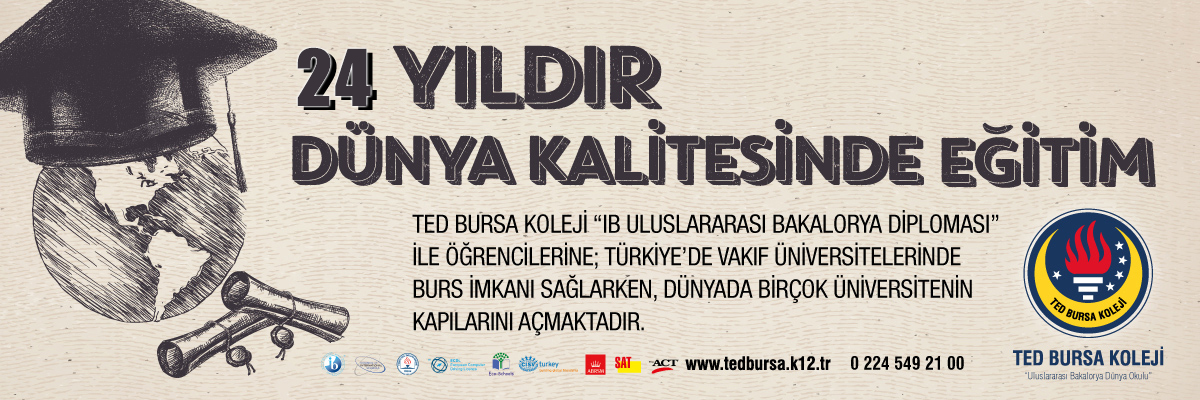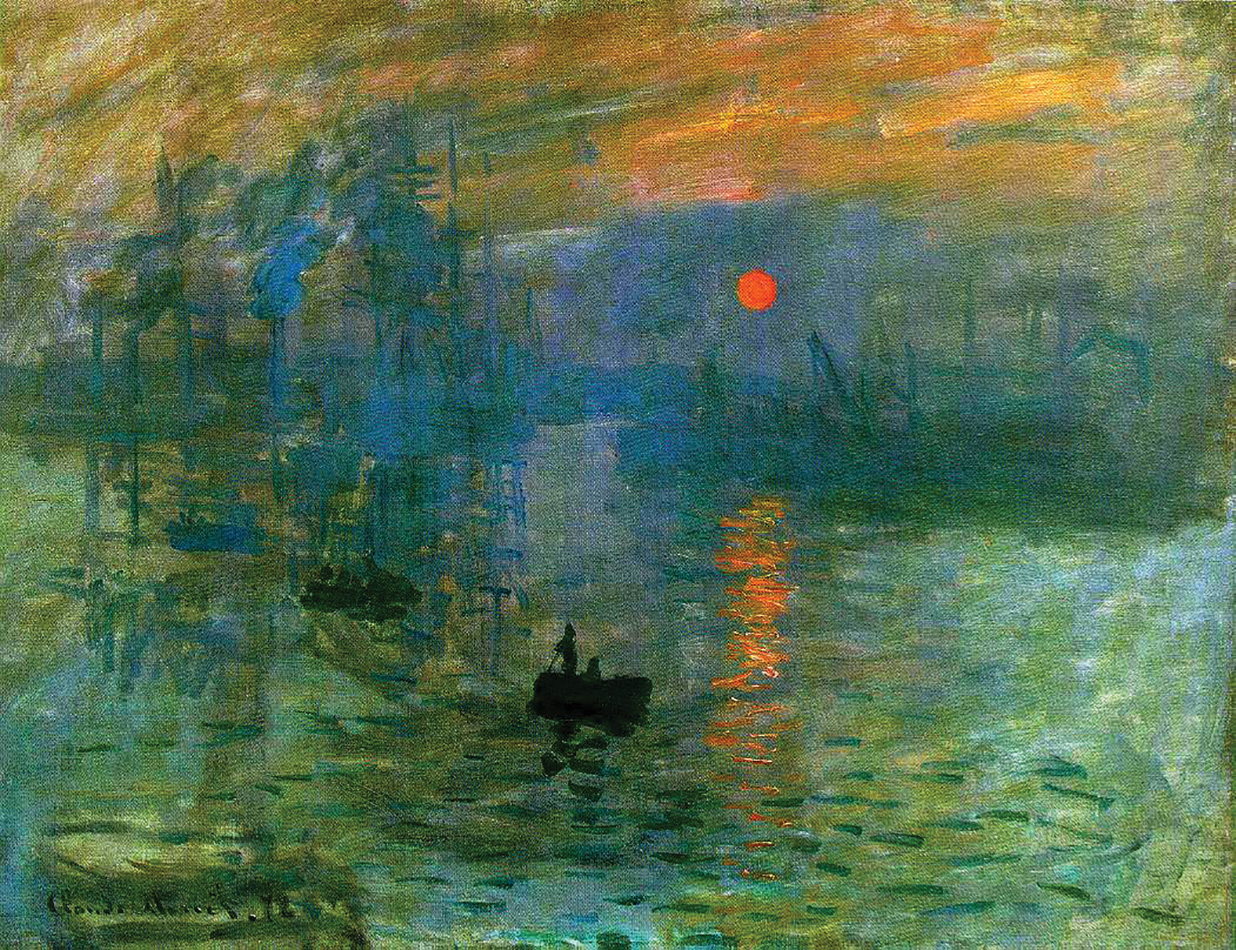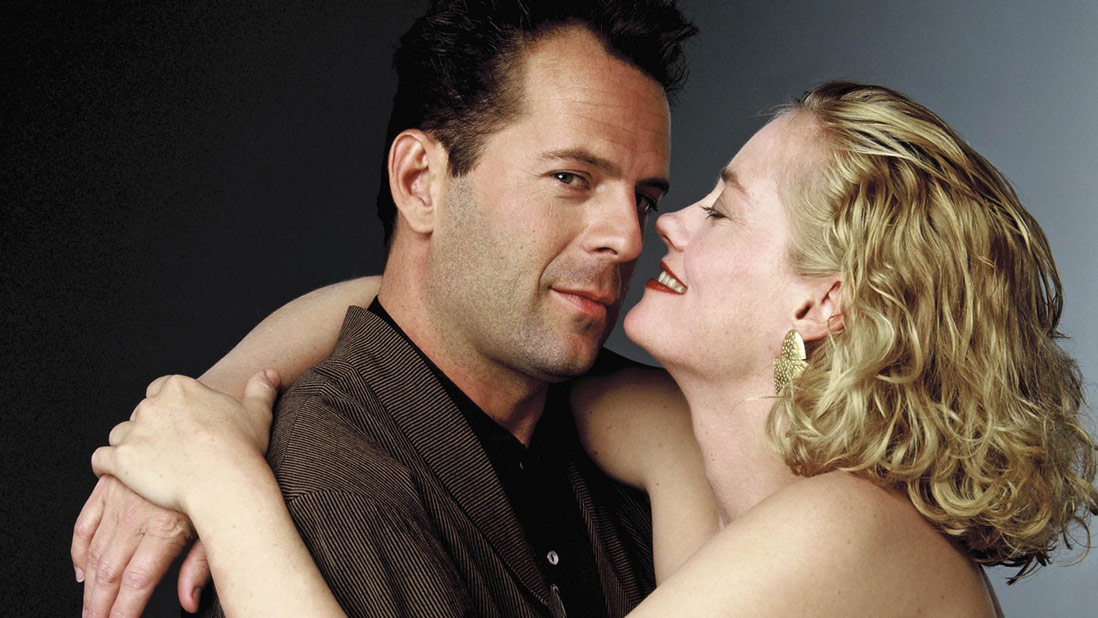Sevginin kıvılcım aldığı üç kelime
Eğer, çünkü, rağmen… Bu üç kelime ünlü Japon düşünür ve yazar Masumi Toyotome’nin sevgi türlerini özetlediği anahtar kelimeler… “Three Kinds of Love” adlı kitabının teması, sevgi ve sevginin şekilleri.
Hepimizin bir sevgi anlayışı vardır. Yaşam şekillerimiz değişse de sevgi her insanın içerisine damlatılmış birer iksir gibidir ve yaşama olan bağlarımızın en güçlüsüdür.
Sevgiyi sözcüklere dökmek belki de dünyanın en zor işi. Masumi Toyotome bunu denemiş ve hatta sevgi çeşitlerini genel olarak sınıflandırmış. Şöyle bir düşündüğünüzde haklı olabileceğini göreceksiniz. Bu üç sevgi türü çoğunlukla süreç içinde birbiriyle karışabilir, değişiklik gösterebilir. En önemli konu, her neden ile olursa olsun sevmeyi ve sevilmeyi bir şekilde başarabilmektir. Bundan sonraki adım ise neden sevdiğimiz ve sevildiğimizdir.
Çoğu felsefede “Neden bu dünyaya geldik, neden yaşıyoruz, amacımız nedir ve neden diğer insanlarla birlikteyiz?” soruları yer alır. Dünyaya geliyoruz ve kendi varlığımızın farkına vardıktan sonra; düşünmeye, üretmeye, sorular sormaya ve araştırmaya başlıyoruz. Anne karnındaki bebekten ölüm döşeğindeki bir yaşlıya kadar herkesin esas derdi bu oluyor aslında. Sorunun cevabı bu metnin içinde mi saklı acaba?
Sorunun cevabını kitabın özünü veren alıntılarla anlatmaya devam edelim. “Herkes sevilmek ister, ama sevgi nedir, nerede bulunur, biliyor muyuz?” Masumi’ye göre, dünyada 3 tür sevgi var. Bunlar; “eğer”, “çünkü” ve “rağmen” sevgi türleri…
“Eğer” türü sevgi
Belli beklentileri karşılarsak bize verilecek sevgiye bu adı takmış yazar. Örnekler veriyor: “Eğer iyi olursan baban annen seni sever. Eğer başarılı ve önemli kişi olursan seni severim. Eğer eş olarak benim beklentilerimi karşılarsan seni severim.” Toyotome, “en çok rastlanan sevgi türü budur” diyor. Sevgi karşılık bekleyen bir şarta bağlı… “Sevenini istediği bir şeyin sağlanması karşılığı olarak vaat edilen bir sevgi türüdür bu” diyor yazar. Nedeni ve şekli bakımından bencildir. Amacı sevgi karşılığı bir şey kazanmaktır. Yazara göre evliliklerin pek çoğu “Eğer” türü sevgi üzerine kurulduğu için çabuk yıkılıyor. En saf olması gereken anne baba sevgisinde bile “Eğer” türüne rastlanıyor.
“Çünkü” türü sevgi
Masumi bu tür sevgiyi şöyle tarif ediyor: “Bu tür sevgide kişi bir şey olduğu bir şeye sahip olduğu ya da bir şey yaptığı için sevilir. Başka birinin onu sevmesi sahip olduğu bir niteliğe ya da koşula bağlıdır. Örnek mi? Seni seviyorum çünkü çok güzelsin. (Yakışıklısın, başarılısın) Seni seviyorum çünkü o kadar popüler, o kadar zengin, o kadar ünlüsün ki… Çünkü bana o kadar güven veriyorsun ki…”
Toyotome, “Çünkü” türü sevginin “Eğer” türü sevgiye tercih edileceğini anlatıyor. “Eğer türü sevgi bir beklenti koşuluna bağlı olduğundan, ağır bir yük haline gelebilir. Zaten sahip olduğumuz bir nitelik yüzünden sevilmemiz egomuzu okşayan hoş bir şeydir. Bu tür olduğumuz gibi sevilmektir. İnsanlar oldukları gibi sevilmeyi tercih ederler. Bu tür sevgi onlara yük getirmediği için rahatlatıcıdır. Ama aslına bakarsanız ‘Çünkü’ türü ‘Eğer’ türünden temelde pek farklı olmadığını görürsünüz. Kaldı ki ‘Çünkü’ türü sevgi de yük getirir insana. İnsanlar hep daha çok insan tarafından sevilmek isterler. Hayranlarına yenilerini eklemek için çabalarlar. Sevilecek niteliklere onlardan biraz daha fazla sahip biri ortaya çıktığı zaman sevenlerinin artık ötekini sevmeye başlayacağından korkarlar. Böylece yaşama sonsuz sevgi kazanma gayretkeşliği ve rekabet girer. Ailenin en küçük kızı yeni doğan bebeğe içerler. Sınıfının en güzel kızı yeni gelen kıza içerler. Evli kadın kocasının genç ve güzel sekreterine içerler.”
“O zaman ‘Çünkü’ türü sevgide güven duygusu bulunabilir mi ?” diye soruyor Masumi.
” ‘Çünkü’ türü sevgi de gerçek ve sağlam sevgi olamaz” diyor. “Bu tür sevginin güven duygusu vermeyişinin iki ayrı nedeni daha var. Birincisi ‘Acaba bizi seven kişinin düşündüğü kişi miyiz?’ korkusu… Tüm insanların iki yanı vardır. Biri dışa gösterdikleri öteki yalnızca kendilerinin bildiği… İnsanlar sandıkları kişi olmadığımızı anlar ve bizi terk ederlerse korkusu buradan doğar. İkincisi de ‘Ya günün birinde değişirsem ve insanlar beni sevmezse?’ endişesidir.”
Toyotome; “Toplumlardaki sevgilerin çoğu ‘Çünkü’ türünde. Bu tür sevgiler kalıcılığı konusunda insanı hep kuşkuya düşürür” diyor. Peki o zaman gerçek sevginin güvenilebilecek sevginin özellikleri nedir? Ve işte sevgilerin en gerçeği… Tabi ki Masumi Toyotome’ye göre.
“Rağmen” türü sevgi
“Bir koşula bağlı olmadığı için ve karşılığında bir şey beklenmediği için? “Eğer” türü sevgiden farklı bu tür. Sevilen kişinin çekici bir niteliğine dayanıp böyle bir şeyin varlığını esas olarak almadığı için ‘Çünkü’ türü sevgi de değil. Bu üçüncü tür sevgide insan bir şey beklediği için değil bir şeyler eksik olmasına rağmen sevilir. Esmeralda Quasimodo’yu dünyanın en çirkin en korkunç kamburu olmasına rağmen sever. Asil yakışıklı zengin delikanlı da Esmeralda’ya Çingene olmasına rağmen âşıktır. Kişi dünyanın en çirkin, en zavallı, en sefil insanı olabilir. Bunlara rağmen sevilebilir. Burada insanın iyi, çekici ya da zengin bir konum elde ederek sevgiyi kazanması gerekmiyor. Kusurlarına, cahilliğine, kötü huylarına ya da kötü geçmişine rağmen olduğu gibi o haliyle sevilebiliyor. Bütünüyle çok değersiz biri gibi görünebiliyor ama en değerli gibi sevilebiliyor.”
“Yüreklerin en çok susadığı sevgi budur. Farkında olsanız da olmasanız da bu tür sevgi sizin için yiyecek içecek, giysi, ev, aile, zenginlik, başarı ya da senden daha önemlidir.”
Haklı olduğunu kanıtlamak için sizi bir teste davet ediyor Toyotome. “Kalbinizin derinliklerinde, dünyada kimsenin size aldırmadığını ve hiç kimsenin sizi sevmediğini düşünseydiniz; yiyecek, elbise, ev, aile, zenginlik, başarı ve üne olan ilginizi yitirmez miydiniz? Kendi kendinize, ‘yaşamamın ne yararı var?’ diye sormaz mıydınız? Şu anda en sevdiğiniz kişinin sizi sadece kendi çıkarı için sevdiğini anladığınızı bir düşünün. Dünya birden bire başınızın üstüne çökmez miydi? O an yaşam size anlamsız gelmez miydi?
Diyelim sıradan bir yaşamınız var. Günlük yaşıyorsunuz. Günün birinde gerçek derin ve doyurucu bir sevgi bulacağınızdan umudunuz olmasa kalan hayatınızı nasıl yaşardınız? Böyle insanlar ya iyice umutsuzluğa kapılıp intihar ediyorlar ya da kendilerini iyice dağıtıp yaşayan ölü haline geliyorlar.”
“Bugün yaşamınızı sürdürebilmenizin nedeni “Rağmen” türü sevgiyi şu anda yaşamanız ya da bir gün bu sevgiyi bulacağınıza olan inancınızdır. Bugün yaşadığımız toplumda herkesi doyuracak bu sevgiyi bulmak zor. Çünkü herkesin sevgiye ihtiyacı var. Kimsede başkasına verecek fazlası yok. Yakınımızda olan birinin bu sevgiyi bize vermesini bekleriz. Ama o da aynı şeyi başkasından beklemektedir. Peki bu dünyada sevgi ne kadar var? Açlığımızı biraz bastıracak kadar. Yemek öncesi tadımlık gelen iştah açıcılar gibi.
Bu minnacık tadım bizi daha müthiş bir sevgi açlığına tahrik ve teşvik ediyor bizi. Bu minnacık tadım sevgiye ne kadar muhtaç olduğumuzu anlatıyor. Büyük bir hırsla ana yemeğin gelmesini ve bizi doyurmasını bekliyoruz. Hani nerede? Hepsi o. Dünyadaki en büyük kıtlık ‘Rağmen’ türü sevginin yeterince olmayışıdır. Hayatınızda ‘Rağmen’ sevdiğiniz kaç kişi var?”

Three words sparking love
If, because, in spite of… These three words are the keywords that Japanese thinker and author Masumi Toyotome uses to summarize the kinds of love… Love and the kinds of love make up the main theme of his book entitled “Three Kinds of Love”.
All of us have an understanding of love. Even though they kinds of lives that we lead change, love resembles a drop of an elixir in each of us and it is the strongest of our bonds with life.
Perhaps it is the most difficult thing in the world to put love into words. Masumi Toyotome has tried this and even went further to classify the kinds of love. You will realize that he may be right when you give it some thought. These three kinds of love may blend with each other and transform over time. The most important issue is to be able to love and be loved for whatever reason. The next step is why we love and are loved.
Many philosophies deal with the questions of, “Why are we in this world, why are we living, what is our purpose and why are we together with other people?” We are born into this world and we start thinking, producing, questioning and investigating the moment we are aware of our own existence. This is actually the principle concern of everyone from a baby in the womb to an elderly person lying on his/her deathbed. Is the answer to this question hidden somewhere in this text?
Let us continue talking about the answer to this question by with quotations that reflect the essence of the book. “There is hardly a person in the world who does not want to be loved. Yet we know very little about love or how to seek it.” According to Masumi, there are 3 kinds of love in the world. These are; “if”, “because” and “in spite of” kinds of love…
The “If” kind of love
This is the name that the author has given to the kind of love which will be given to us if we meet certain requirements. He provides examples: “If you are good, father will love you. If you become successful and important, I will love you. If you come up to my expectations as a husband, I will be your faithful wife.” Toyotome states that, “this is the most common kind of love”. It is a conditional love offered in exchange of something… “It is love with strings attached, the conditional love, the love offered in exchange of something the lover wants,” writes the author. Its motivation is selfish. Its purpose is to gain something in exchange of love. According to the author, many marriages crumble easily because they are founded on the “if” kind of love. Sometimes even parental love, usually considered the purest of human love is no more than this “if” kind of love.
The “Because” kind of love
Masumi defines this kind of love as follows: “In this kind of love the individual is loved because of something he owns or does. The love of another person depends on one’s essence or a condition. An example? I love you because you are very beautiful (handsome, successful). I love you because you are so popular, rich or famous… I love you because you give me security…”
Toyotome indicates that the “Because” kind of love may be preferred over the “If” kind of love. Since the “If” kind of love is subject to a condition, over time it may become a heavy burden. It indeed flatters our ego to be loved for a quality that we have. This kind of love is being loved for who we are. People prefer being loved as they are. This kind of love is comforting since it throws no burden over their shoulders. However, if you examine it more closely you will see that the “Because” kind of love is actually no different than the “If” kind of love. Indeed, the “Because” kind of love also brings a burden with it. People always want to be loved by more people. They strive to increase the number of their fans. They get scared that those who love them will love others when one comes up with more qualities to be loved. Thus, one’s life is filled up with the burden of gaining more love as well as competition with others. The youngest daughter in the family resents at the newborn baby. The most beautiful girl in the classroom resents at a newcomer. The married woman resents at the young and beautiful secretary of her husband.”
So, asks Masumi, “Can there be trust in the “Because” kind of love?”
“The “Because” kind of love cannot also be a true and strong love. “There are two other reasons why this kind of love does not give trust. The first is the fear of the thought, ‘Am I the person that the one who loves me thinks I am?”… All people have two sides. The first is the one they show others outside and the other is the one that only they are aware of… This results in the fear of the thought that we may be abandoned if people realize that we are actually not the person they think we are. The second is the anxiety of, “What if one day I change and people do not love me anymore?”
Toyotome writes; “Many of the loves in the society are “Because” kinds of love. One always feels doubt regarding the permanence of this kind of love”. So, what are the characteristics of real love, the love that we can trust? And of course the most real of all kinds of love… Of course according to Masumi Toyotome.
The “In spite” kind of love.
“Since it is unconditional and does not expect anything in return, this is different from the “If” kind of love. This is also different from the “Because” kind of love since it is not based on an attractive characteristic of the loved one. The individual is loved not because people expect something in return but in spite of what is missing. Esmeralda loves Quasimodo in spite of the fact that he is the ugliest hunchback in the world. The noble handsome young man loves Esmeralda in spite of the fact that she is a gypsy. One can be the ugliest, pettiest and the most miserable person in the world. But he/she may be loved in spite of all these. One does not need to be attractive or rich to win the love of others. He/she is loved in spite of his/her defects, ignorance, bad habits or bad past. He/she can seem like a worthless person but is loved as if he/she is the most valuable of all.”
“This is the kind of love that the hearts crave for. Even though you may not be aware, love is more important to you than food, clothing, home, family, wealth, success or even yourself.”
Toyotome invites you to a test to prove that he is right. ”Wouldn’t you lose your interest in food, clothing, home, family, wealth, success and fame if deep down in your heart you thought that no one in the world cared about you or loved you? Wouldn’t you be asking yourself what the ‘meaning of your life’ is? Just for once imagine that the person you are in love with suddenly understands that he/she loves you for his/her own benefit. Wouldn’t your world crumble down upon you? Wouldn’t life be meaningless for you?
Let us imagine that you have an ordinary life. You live day to day. How would you live your life if you had no hope of finding a real, deep and fulfilling love one day? Such people either fall into despair and commit suicide or ruin themselves completely and transform into living dead.”
“The reason why you keep on living today is either the fact that you are actually living the “In spite of” love right now or your belief that one day you will do so. It is difficult to find a love in today’s society that is fulfilling for all. Because everyone needs love. No one has more to give to others. We expect people close to us to give us love. But they are also expecting the same from others. So, how much love is there in the world? Enough to quench our hunger. Just like the appetizers before a meal.
This small appetizer agitates and encourages us towards a great hunger for love. This slightest taste tells us just how deep our need for love goes. We greedily wait for the main course to appease us. Where is it? That is all. The greatest famine in the world is the fact that there is not sufficient “In spite of” kind of love. How many people do you have in your life that you love “In spite of”?









